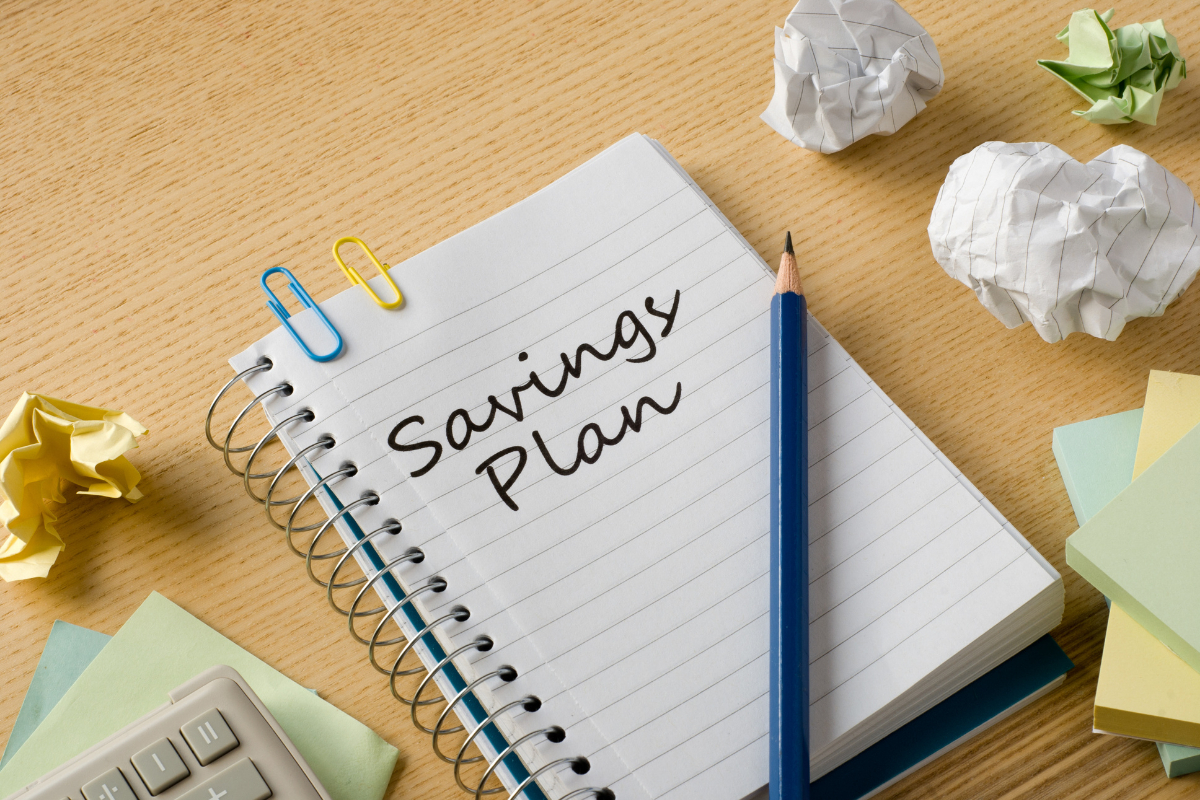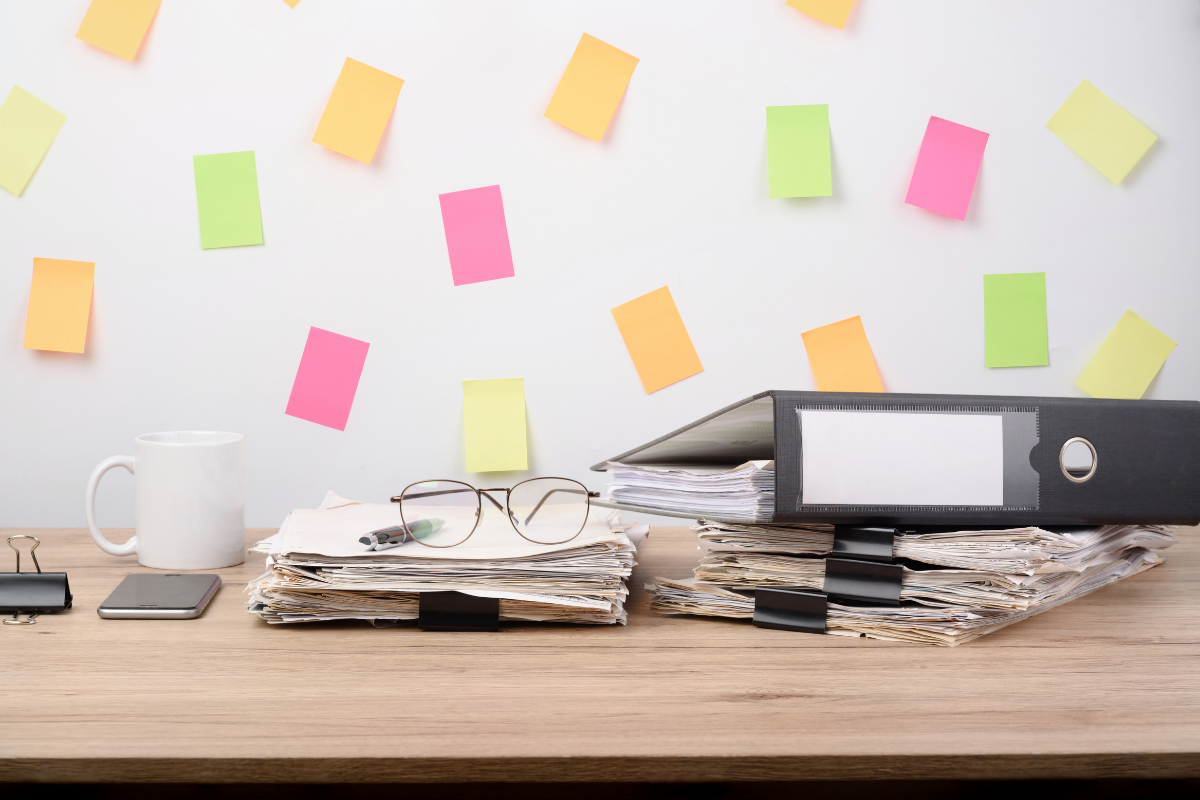Being financially responsible is important in all stages in life. Organizing your personal finances takes a lot of hard, consistent work. You need to stay on top of important payments, investments, retirement savings and taxes.
“It doesn’t matter what your income, knowing how to make your money work for you is key to staying fiscally sound and growing your wealth,” says Financial Organizer and Daily Money Manager, Karen Leff of Leff Organizing. “It’s never too late to start looking at how you spend. I have clients that are young and just starting out, as well as senior clients who are trying to simplify their finances. Working with a financial organizer or daily money manager can really simplify what seems like an overwhelming task.” Leff, a member of the American Association of Daily Managers, Atlanta Chapter, says Daily Money Managers work in partnership with financial professionals like accountants, financial planners and estate attorneys to help their clients.
With all of that in mind, NAPO GA members compiled a list of tips and considerations for those wanting to organize their personal finances. A little goes a long way with regards to organizing personal finances.
Here are some tips and tricks for organizing your personal finances this year:
Keep a journal of any purchases (and when you use credit or debit)

If you spend money on anything, write it down. Sometimes we forget how important it is to keep track of our personal finances, and we wait until the last minute. Before we know it, we get an expensive bill in the mail with our payments. Here’s some advice: keep two separate categories for “needs” and “wants” in your financial journal. That expensive winter jacket might be a need, but you want to make sure you pay off those big purchases to help with your overall credit. If you use your credit card, specify that in the journal.
There also are apps to help you keep track of your personal budget. Here are a few NAPO GA member favorites:
Mint
Pocketsmith
Some individuals lack a savings plan - or any savings at all

Start a savings plan today at your local bank - it’ll help you out in the long run. Instead of keeping everything in your checking or retirement plans, organize some of your finances into a savings plan. Don’t use savings unless it’s absolutely necessary, but it is good to have available liquid cash and if you do spend from it, you can add it back later.
“On-line banks offer some of the best interest rates for savings accounts often with minimums of $25 to open,” Karen Leff continues. Setting up automatic withdrawals each month into an online account is the best way to grow your savings, pay yourself first, even if it’s only $40 or $100 dollars a month. You just need to start!” Leff says having your emergency savings away from your daily checking account reduces the temptation to move money over for non-emergency impulse buys.
Most people have issues with reducing spending - no matter how hard they work on it
A common New Year’s resolution is to save more, which is usually great at the beginning of the year. But many people fall short. Instead of making a New Year’s resolution, make a constant monthly effort to save more. Journal, budget, and work on spending with a financial organizer, if needed. Check out some of our blogs on organizing more: “Understanding the Differences in Professional Organizers", and “What to Look for When Hiring A Professional Organizer”.
Start an emergency fund

This past year has taught a lot of us some tough lessons, and probably the most important is having accessible funds in case of income loss. Having a back-up plan and emergency fund is vital for healthy personal finances. According to Karen Leff “Savings is long-term, for emergencies or for large ticket items like car down payment or dream trips. Push yourself to put as much as you can comfortably afford away, 2020 taught us that it’s important to have at least 6 months of funds available if something prevents you from earning money.” Work on spending less and saving more so you can be more prepared for any financial, personal, or medical emergencies. Those “rainy days” can come in the form of a national crisis that no one expects, or unusually wild weather. Be prepared just in case.
Get your personal documents and space in order

Consider organizing more than just your bank documents, receipts and paper files. Take a look at how and where you store personal documents connected to your finances. This can include any paperwork or proof of property, investments, retirement, wills and estate plans and insurance policies. Getting things organized and designating a clean accessible space in your home or online will help with organizing your personal finances overall.
With these tips, we hope you can work toward improving your personal finances with better organization and more preparation for the future. Need more help? Professional organizers can cater to your specific needs on a personal, financial and professional level. Consider hiring an NAPO GA member today.
